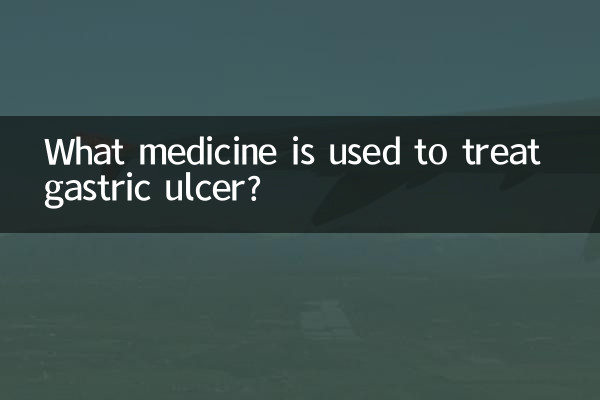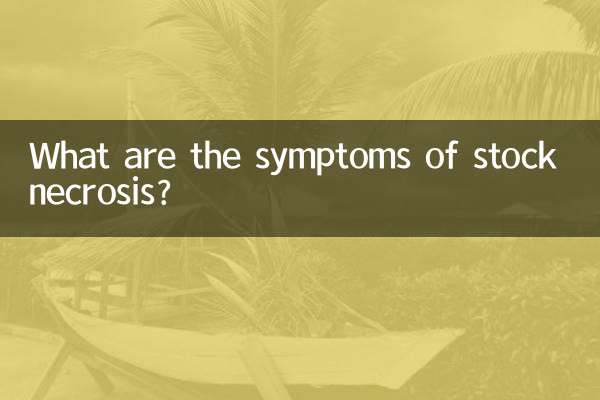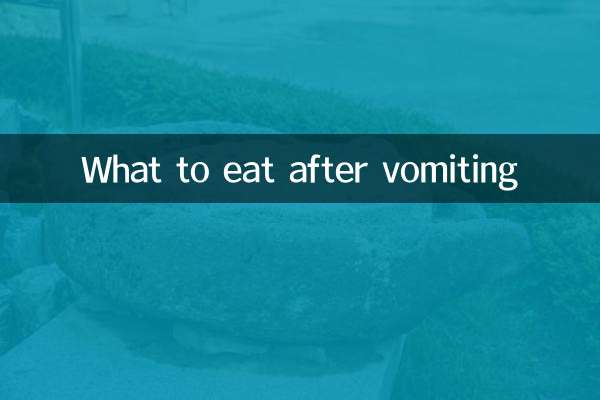What medicine to treat gastric ulcer: hot topics on the Internet and latest drug recommendations
Recently, gastric ulcer treatment methods and drug selection have become hot topics in the health field. This article will combine the hot content of the entire Internet in the past 10 days, sort out the commonly used drugs and the latest research progress of gastric ulcer, and provide structured data for readers' reference.
1. Common symptoms and causes of gastric ulcers

Gastric ulcer is a common digestive system disease, which mainly presents symptoms such as upper abdominal pain, acid reflux, and belching. The main causes include Helicobacter pylori infection, long-term use of nonsteroidal anti-inflammatory drugs (NSAIDs), excessive gastric acid secretion, etc.
2. Commonly used drugs for treating gastric ulcers
The following are currently commonly used clinical drugs for the treatment of gastric ulcers, divided into several categories:
| drug class | Representative medicine | Mechanism of action |
|---|---|---|
| Proton pump inhibitors (PPIs) | Omeprazole, pantoprazole, rabeprazole | Inhibit gastric acid secretion and promote ulcer healing |
| H2 receptor antagonist | ranitidine, famotidine | Reduce gastric acid secretion |
| antibacterial drugs | Amoxicillin, clarithromycin, metronidazole | Eradication of Helicobacter pylori infection |
| Gastric mucosa protectant | Sucralfate, potassium bismuth citrate | Protect gastric mucosa and promote repair |
3. The treatment plan that is hotly discussed on the Internet
According to the recent popularity of online discussions, the following treatment options have attracted much attention:
| treatment plan | Discussion popularity | Main advantages |
|---|---|---|
| PPI combined with antibacterial drugs (quadruple therapy) | high | Eradicate Helicobacter pylori and reduce recurrence rate |
| New Potassium Competitive Acid Blocker (P-CAB) | in | Fast onset of action, stronger acid-suppressing effect |
| Chinese medicine auxiliary treatment | in | Reduce side effects and improve symptoms |
4. Medication precautions
1.Take medication as directed by your doctor: The treatment of gastric ulcer needs to be carried out under the guidance of a doctor, especially the use of antibiotics needs to be standardized.
2.Be aware of drug interactions: PPIs may affect the absorption of certain drugs, such as the antiplatelet drug clopidogrel.
3.The course of treatment should be sufficient: Generally, PPI treatment takes 4-8 weeks, and eradication of Helicobacter pylori takes 10-14 days.
4.lifestyle adjustments: Avoid spicy food, quit smoking and limit alcohol consumption, and maintain a regular diet.
5. Latest research progress
Recent research shows:
1. Vonoprazan, as a new P-CAB drug, is superior to traditional PPI in terms of acid suppression effect and ulcer healing rate.
2. Probiotic auxiliary treatment may improve the eradication rate of Helicobacter pylori and reduce the side effects of antibiotics.
3. Personalized medication regimen, which selects the most appropriate PPI according to the patient’s genotype, is becoming a research hotspot.
6. Answers to Frequently Asked Questions by Patients
Q: Can gastric ulcer be cured?
A: Most gastric ulcers can be cured, especially after eradication of Helicobacter pylori, the recurrence rate is significantly reduced. However, you need to pay attention to your living habits to prevent recurrence.
Q: Can I stop taking the medicine after my symptoms are relieved?
A: No. Symptom relief does not mean that the ulcer is completely healed, and the entire course of treatment must be completed.
Q: Are there any side effects of taking PPI for a long time?
A: Long-term use may increase the risk of fractures, hypomagnesemia, etc., and should be used under the guidance of a doctor.
Conclusion
The treatment of gastric ulcer requires a combination of drugs, lifestyle adjustments and other factors. With the development of medicine, more and more new drugs have provided patients with more choices. It is recommended that patients receive standardized treatment under the guidance of a doctor and never take medication on their own.
Note: The content of this article combines recent hot Internet discussions and authoritative medical guidelines. Please follow your doctor's advice for specific medication.

check the details

check the details